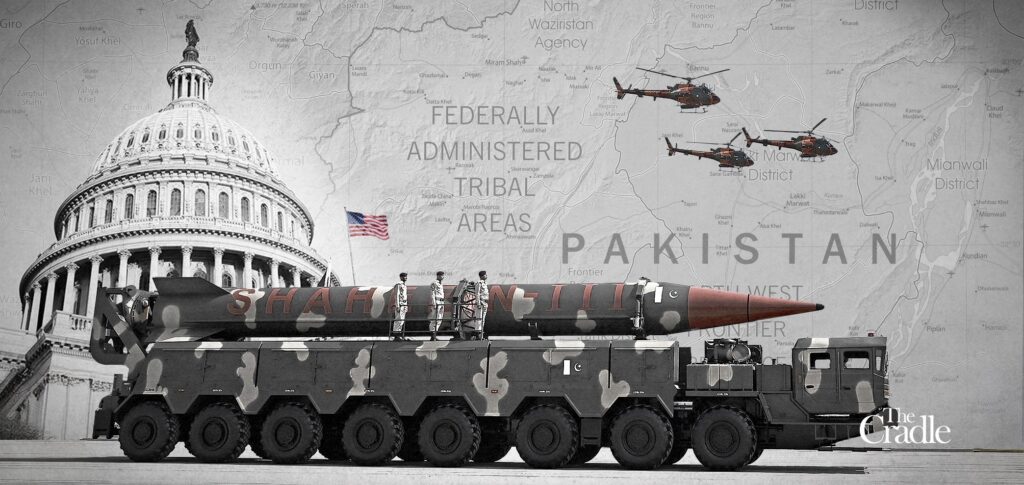As tensions flare between Iran and Israel, the United Kingdom finds itself inching closer to a conflict it never intended to join. What began as a regional confrontation now threatens to draw in global powers, and British ministers are treading a delicate line between diplomatic restraint and military readiness.
In recent days, the UK has deployed RAF jets and refueling tankers to the Middle East, framing the move as a precautionary measure. Prime Minister Keir Starmer has described the action as defensive, meant to safeguard British interests and allies in the region. But when pressed on whether the UK would step in militarily to defend Israel, Starmer pointedly refused to rule it out. That subtle ambiguity has fueled speculation that Britain may be preparing for deeper involvement.
Meanwhile, calls for transparency are growing louder. Members of Parliament and legal experts are urging the government to publish the Attorney General’s legal advice on the UK’s potential involvement in military action. Without it, critics argue, any escalation could occur without a clear legal or moral mandate, raising questions about whether military engagement would even be lawful under international standards.
The British public appears firmly against deeper involvement. A recent Ipsos poll showed that more than 70% of respondents oppose sending UK troops to support either side, and less than one in five support arming Israel. The majority want Britain to act as a neutral mediator, advocating diplomacy over escalation. This public mood puts pressure on the government to think carefully before making any decisions that could pull the country into yet another long, complicated conflict in the Middle East.
For now, the UK continues to work with European allies and the United States to push for de-escalation. Foreign Secretary David Lammy has been in talks with U.S. officials, including Senator Marco Rubio, to coordinate a unified diplomatic approach. Still, despite these efforts, the UK’s recent military movements are being watched closely by Tehran, Tel Aviv, and Washington alike.
Britain hasn’t committed to combat. But by positioning assets in the region and refusing to take military options off the table, it risks sliding from precaution into participation. If Iran targets Western interests or if the U.S. seeks allied support for direct action, the UK may find its hand forced. The next few weeks could determine whether Britain remains a bystander or becomes a participant in a war it never asked for.



